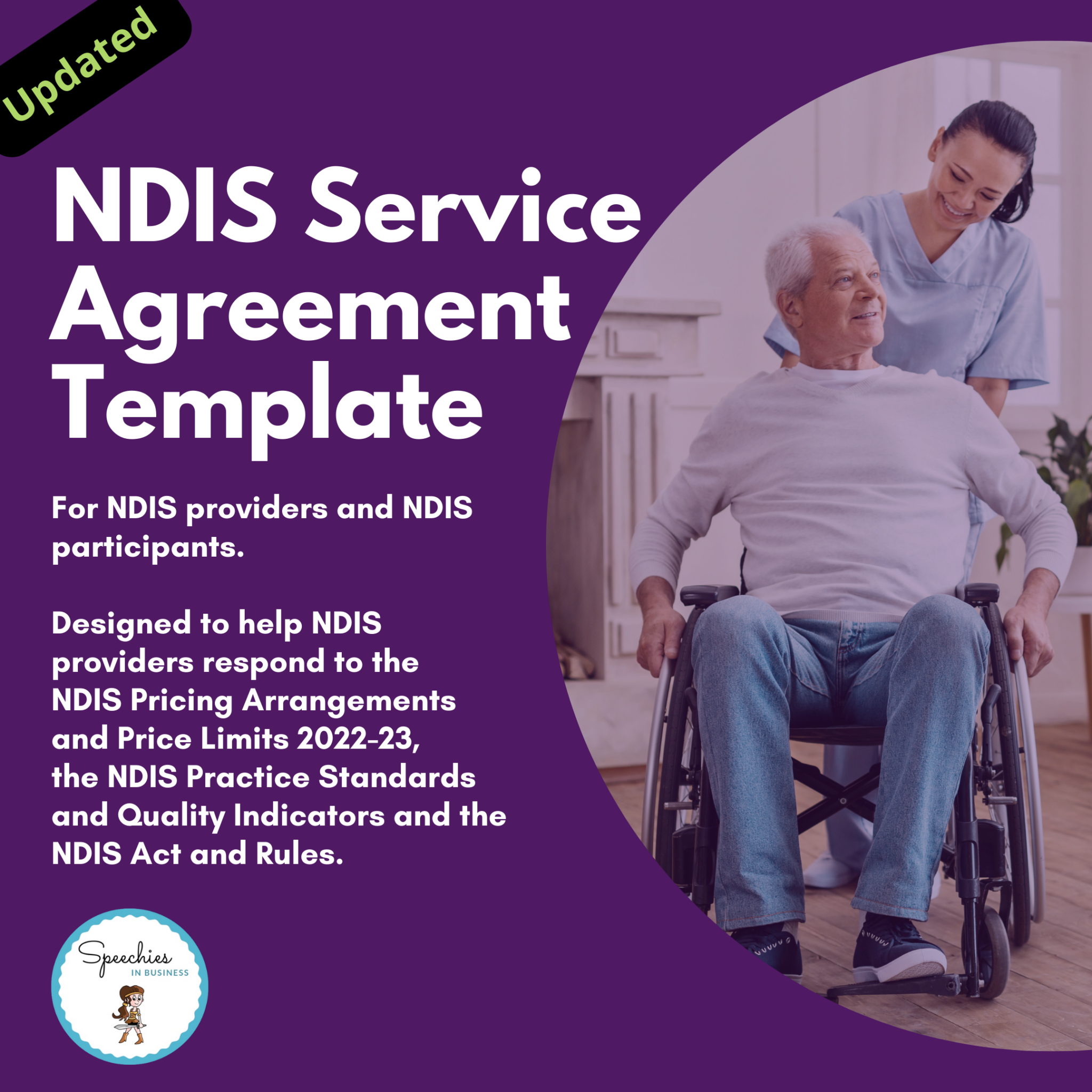The National Disability Insurance Agency (“NDIA”) has published pricing arrangements for the National Disability Insurance Scheme (“NDIS”) in its NDIS Pricing Arrangements and Price Limits 2022-23 (“Pricing Arrangements”), which took effect on 1 July 2022.
Amongst other things, the NDIA has modified the definition of short notice cancellation in the Pricing Arrangements.
(1) Short Notice Cancellation
A short notice cancellation is defined in the Pricing Arrangements as when a NDIS participant:
- doesn’t show up for a scheduled support within a reasonable time (e.g. in the event the NDIS participant should be attending a clinic where the NDIS provider is located); or
- is not present at the agreed place within a reasonable time when the NDIS provider is travelling to deliver the support (e.g. in the event the NDIS provider provides the support at the NDIS participant’s home or a third party location),
and
- has given less than seven clear days’ notice for a support.
This means an NDIS participant should give an NDIS provider at least seven clear days’ notice of the cancellation of a support.
The definition has been simplified from a two-tier system (two or five clear business days) notice, depending on the duration and cost of the support under the 2021-22 arrangements, to a single definition based on the number of days (rather than business days).
(2) Claiming for a Short Notice Cancellation
In the event of a short notice cancellation, an NDIS provider is able to claim 100% of the agreed fee associated with the support from the NDIS participant’s plan, provided that all of the following conditions are met:
- the Pricing Arrangements set out that NDIS providers can claim for short notice cancellations in relation to the relevant support item; and
- the proposed charges for the activities comply with the Pricing Arrangements; and
- the service agreement between the NDIS provider and NDIS participant specifies that short notice cancellations can be claimed; and
- the NDIS provider was not able to find alternative billable work for the relevant worker and was required to pay the worker for the time that would have been spent providing the support.
Takeaways
In order to claim for a short notice cancellation, NDIS providers should:
- check that short notice cancellations can be claimed in relation to the relevant support item under the Pricing Arrangements;
- ensure that their charges comply with the Pricing Arrangements;
- check that the service agreement between them and an NDIS participant specifies that short notice cancellations can be claimed (and, if required, amend the service agreement with a variation signed by the NDIS participant and NDIS provider); and
- be able to show that they could not find alternative billable work for the relevant worker and was required to pay the worker for the time that would have been spent providing the support.
The definition of short cancellation notice includes the concept of “within a reasonable time”. NDIS providers should consider what, in the circumstances of the provision of a particular support, is a reasonable time to wait when a NDIS participant does not show up for a support prior to making a claim for a short notice cancellation under the NDIS participant’s NDIS plan.
As good practice, NDIS providers should remind NDIS participants of the need to provide 7 clear days notice of a cancellation of a support (so as to not be impacted by short notice cancellations).
Our NDIS Service Agreement and NDIS Provider and Health Provider Booking and Cancellation Policy templates have been updated to respond to the changes to the Pricing Arrangements with respect to short notice cancellations.


Disclaimer: we have done our best to ensure that this article is correct as at the date of publication (7 July 2022). It may not reflect any changes to the Pricing Arrangements or other NDIS rules or guidelines after the date of publication. The article is intended to provide general information and is not legal advice. Formal legal and/or accounting advice should be sought for particular circumstances and transactions, or for matters arising from this article.
